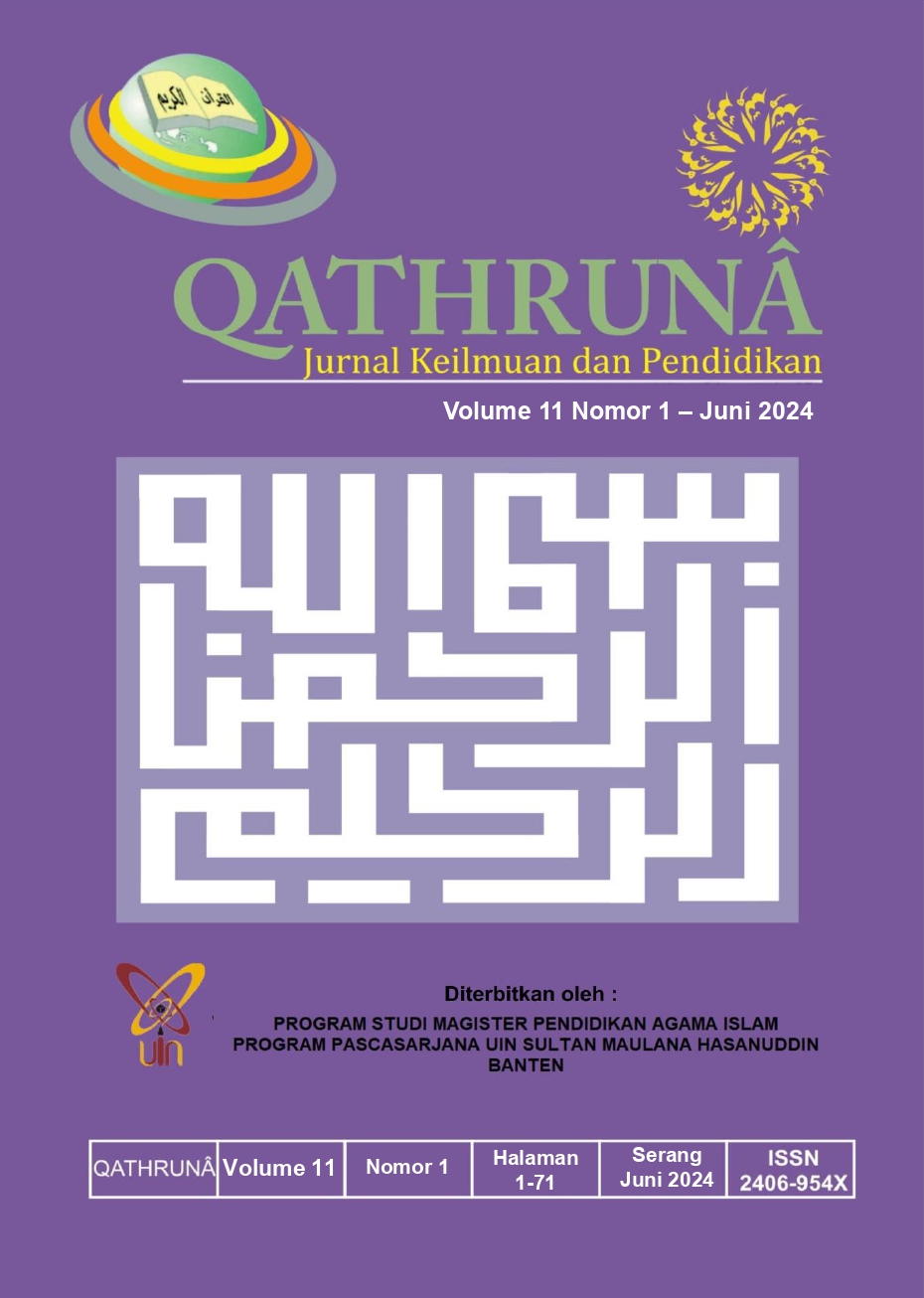PENERAPAN METODE “ROLE PLAYING” MELALUI MEDIA PEMBELAJARAN DIGITAL DI PERGURUAN TINGGI
Keywords:
Digital Learning Media, Role Playing, English Learning, Mathematics Learning, Effectiveness.Abstract
This research aims to examine the application of the "role playing" method through digital learning media in English and Mathematics courses at universities. This type of research is classroom action research carried out to improve students' communication skills and understanding of mathematical concepts. The target of this research is second semester students taking English and Mathematics courses at a university in Indonesia. The subjects of this research are lecturers and students who are directly involved in the learning process, while the research object is the application of the "role playing" method and digital learning media. The population in this study were all students who took these two courses, and the sample was taken by purposive sampling of 60 students. Data collection techniques include observation, test and questionnaires to obtain qualitative and quantitative data. The data obtained were analyzed using descriptive and inferential analysis techniques. The research results show that the application of the "role playing" method through digital learning media significantly improves communication skills in English and understanding of concepts in Mathematics. Students also show increased learning motivation and active participation in class. Implementation of this method is recommended to enrich learning strategies in higher education.
Downloads
References
Abdul Majid, N. (2019). Pengajaran Bahasa Asing dan Pembelajaran Komunikatif dalam Pendidikan Islam. Jurnal Pendidikan Islam, 8(2), 123-134.
Al-Attas, S. M. N. (1999). The Concept of Education in Islam: A Framework for an Islamic Philosophy of Education. Kuala Lumpur: International Institute of Islamic Thought and Civilization (ISTAC).
Al-Ghazali, A. H. M. (2001). Ihya Ulumuddin (Revival of Religious Sciences). Beirut: Dar al-Kutub al-‘Ilmiyyah.
Al-Naqib, M. (1992). Islamic Education and Its Philosophy. Islamic Quarterly, 36(3), 150-160.
Al-Syaibani, O. M. (1979). Falsafah Pendidikan Islam. Jakarta: Bulan Bintang.
Boaler, J. (2013). Ability and mathematics: The mindset revolution that is reshaping education. FORUM: For Promoting 3-19 Comprehensive Education, 55(2), 143-152.
Brown, H. D. (2007). Principles of language learning and teaching (5th ed.). New York: Pearson Longman.
Clark, R. E. (2001). Learning from media: Arguments, analysis, and evidence. Educational Technology Research and Development, 49(3), 53-64.
Gillies, R. M. (2016). Cooperative learning: Review of research and practice. Australian Journal of Teacher Education, 41(3), 39-54.
Hamzah, N., Kamarudin, M., & Mat, S. (2020). Implementasi Teknologi dalam Pendidikan Islam: Peluang dan Cabaran. Jurnal Teknologi Pendidikan Malaysia, 12(1), 45-55.
Harjanto, D. (2020). Integrating digital media in higher education: Opportunities and challenges. Indonesian Journal of Educational Technology, 18(1), 56-72.
Husnul, NRI. (2021). Strategi Dosen Dalam Manajemen E-Learning Guna Meningkatkan Hasil Belajar Mahasiswa di Perguruan Tinggi. Jurnal Manajemen Pendidikan. https://ejournal.uksw.edu/kelola/article/view/4357.
Johnson, D. W., & Johnson, R. T. (1999). Learning together and alone: Cooperative, competitive, and individualistic learning (5th ed.). Boston: Allyn and Bacon.
Jonassen, D. H. (1999). Designing constructivist learning environments. Englewood Cliffs, NJ: Educational Technology Publications.
McDuffie, A. R., & Morrison, G. R. (2008). Bringing rigor to the use of role-play simulations: How to enhance student learning, evaluation, and experience. Simulation & Gaming, 39(1), 67-83.
National Council of Teachers of Mathematics. (2000). Principles and standards for school mathematics. Reston, VA: National Council of Teachers of Mathematics.
Organisation for Economic Co-operation and Development (OECD). (2020). Digital education outlook 2020: Strong foundations, skills for the future. Paris: OECD Publishing.
Piaget, J. (1970). Genetic epistemology. New York: Columbia University Press.
Rahayu, S. (2018). Challenges of implementing technology in the national curriculum. Journal of Indonesian Education, 30(4), 210-225.
Richards, J. C., & Rodgers, T. S. (2001). Approaches and methods in language teaching (2nd ed.). Cambridge: Cambridge University Press.
Schoenfeld, A. H. (2014). What makes for powerful classrooms, and how can we support teachers in creating them? Americal Educational Research Journal, 51(1), 1-54.
Sharples, M., et al. (2019). The educational impact of learning analytics. Journal of Educational Technology & Society, 22(2), 18-31.
Slavin, R. E. (2015). Cooperative learning in elementary schools. Education 3-13, 43(1), 5-14.
Suryani, A. (2017). Role playing as an effective instructional strategy. Journal of Educational Psychology, 45(2), 112-125.
UNESCO. (2017). Education for Sustainable Development Goals: Learning Objectives. United Nations Educational, Scientific and Cultural Organization.
Vygotsky, L. S. (1978). Mind in society: The development of higher psychological processes. Cambridge, MA: Harvard University Press.
Yeh, Y. C., & Chen, C. (2017). The effects of digital game-based learning on students' self-efficacy, motivation, and achievement. Journal of Educational Technology & Society, 20(1), 294-308.
Zhang, Q., & Nunan, D. (2019). Digital media and learning: Expanding access and flexibility. International Journal of Educational Technology, 22(3), 345-362.
Zhao, Y., & Frank, K. A. (2003). Factors affecting technology uses in schools: An ecological perspective. American Educational Research Journal, 40(4), 807-840.
Zimmerman, B. J. (2000). Attaining self-regulation: A social cognitive perspective. In M. Boekaerts, P. R. Pintrich, & M. Zeidner (Eds.), Handbook of Self-Regulation (pp. 13-39). Academic Press.
Zimmerman, B. J. (2002). Becoming a self-regulated learner: An overview. Theory into Practice, 41(2), 64-70.
Downloads
Published
Issue
Section
License
Copyright (c) 2024 Nisak Ruwah Ibnatur Husnul, Yuliana Friska, Fitriyah, Fitriyah

This work is licensed under a Creative Commons Attribution 4.0 International License.







